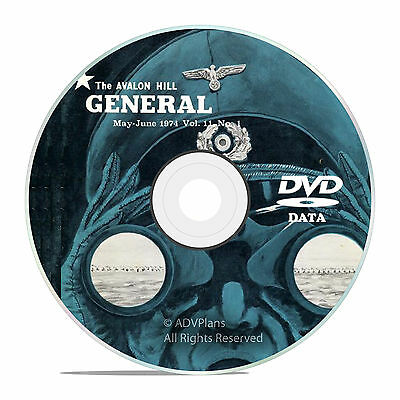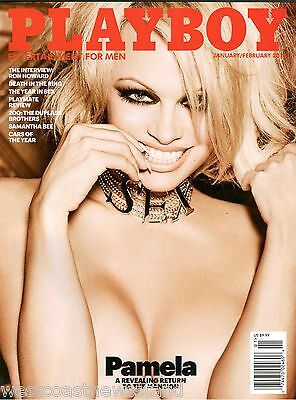-40%
World Report – June 27, 1946 – British Prime Minister Clement Atlee
$ 5.74
- Description
- Size Guide
Description
CLASSIC PUBLICATIONS OF THE 20th CENTURY!This is the June 27, 1946 issue of World Report (“TheWeekly Newsmagazine of World Affairs”), with British Prime Minister ClementAtlee on the cover. The magazine contains 52 pages and measures approximately8.25 x 11.25 inches.
Magazines like this one are “time capsules” – reportingworld news as “news” and not as “history.”
The magazine has numerous articles with black & whitephotos and illustrations. There are vintage ads as well; most have black &white photos or illustrations. However, a few are in color.
After starting
UnitedStates News
in 1933 by David Lawrence (1888-1973). He also started
World Report
in 1946. The two magazinescovered national and international news separately, but Lawrence merged theminto
U.S. News & World Report
in1948.
This is the 6
th
issue of the magazine.
Clement Richard Attlee (3 January 1883-8 October 1967) wasa British politician who served as Prime Minister of the United Kingdom from1945 to 1951 and Leader of the Labour Party from 1935 to 1955. He was threetimes Leader of the Opposition (1935-1940, 1945 and 1951-1955).
The son of a London solicitor, Attlee was born into amiddle-class family. After attending Oxford, he practiced law. Volunteer workexposed him to poverty and his political views shifted leftwards. He joined theIndependent Labour Party, gave up his legal career, and began lecturing at theLondon School of Economics. His work was interrupted by service as an officerin the First World War. In 1919, he became mayor of Stepney and in 1922 waselected Member of Parliament for Limehouse. Attlee served in the first Labourminority government led by Ramsay MacDonald in 1924, and then joined theCabinet during MacDonald's second minority (1929-1931). After retaining hisseat in Labour's landslide defeat of 1931, he became the party's Deputy Leader.Elected Leader of the Labour Party in 1935, and at first advocating pacificismand opposing re-armament, he became a critic of Neville Chamberlain'sappeasement of Hitler and Mussolini in the lead-up to the Second World War.Attlee took Labour into the wartime coalition government in 1940 and servedunder Winston Churchill, initially as Lord Privy Seal and then as Deputy Prime Ministerfrom 1942.
After the end of World War II in Europe, the coalition wasdissolved and Attlee led Labour to a landslide victory in the 1945 generalelection, forming the first Labour majority government. His government'sKeynesian approach to economic management aimed to maintain full employment, amixed economy and a greatly enlarged system of social services provided by thestate. To this end, it undertook the nationalization of public utilities andmajor industries, and implemented wide-ranging social reforms, including thepassing of the National Insurance Act in 1946 and National Assistance Act, theformation of the National Health Service (NHS) in 1948, and the enlargement ofpublic subsidies for council house building. His government also reformed tradeunion legislation, working practices and children's services; it created theNational Parks system, passed the New Towns Act of 1946 and established thetown and country planning system.
In foreign policy, Attlee delegated to Ernest Bevin, butoversaw the partition of India (1947), the independence of Burma and Ceylon,and the dissolution of the British mandates of Palestine and Transjordan. Heand Bevin encouraged the United States to take a vigorous role in the Cold War;unable to afford military intervention in Greece, he called on Washington tocounter Communists there, establishing the Truman Doctrine. He supported theMarshall Plan to rebuild Western Europe with American money and, in 1949,promoted the NATO military alliance against the Soviet bloc. After leadingLabour to a narrow victory in the 1950 general election, he sent British troopsto fight in the Korean War.
Attlee had inherited a country close to bankruptcy afterthe Second World War and beset by food, housing and resource shortages; despitehis social reforms and economic programs, these problems persisted throughouthis tenure, alongside recurrent currency crises and dependence on U.S. aid. Hisparty was narrowly defeated by the Conservatives in the 1951 general election,despite winning the most votes. He continued as Labour leader but retired afterlosing the 1955 election and was elevated to the House of Lords; he died in1967. In public, he was modest and unassuming, but behind the scenes his depthof knowledge, quiet demeanor, objectivity and pragmatism proved decisive. Oftenrated as one of the greatest British prime ministers, Attlee's reputation amongscholars has grown, thanks to his creation of the modern welfare state andinvolvement in building the coalition against Joseph Stalin in the Cold War. Heremains the longest-serving Labour leader in British history.










